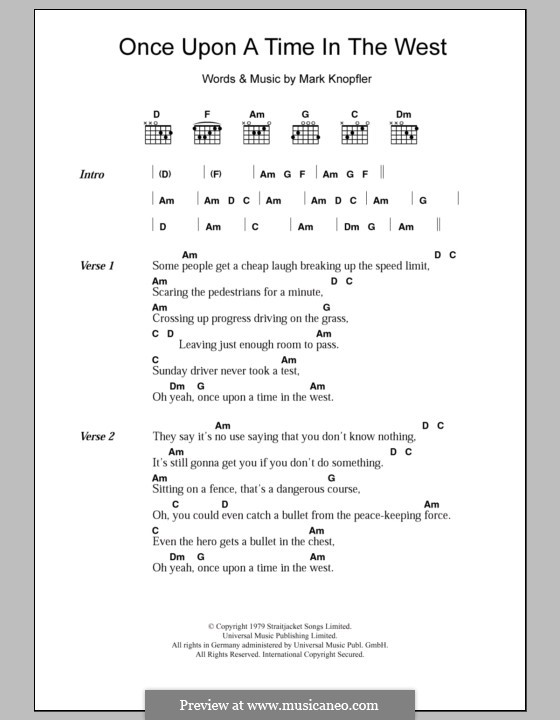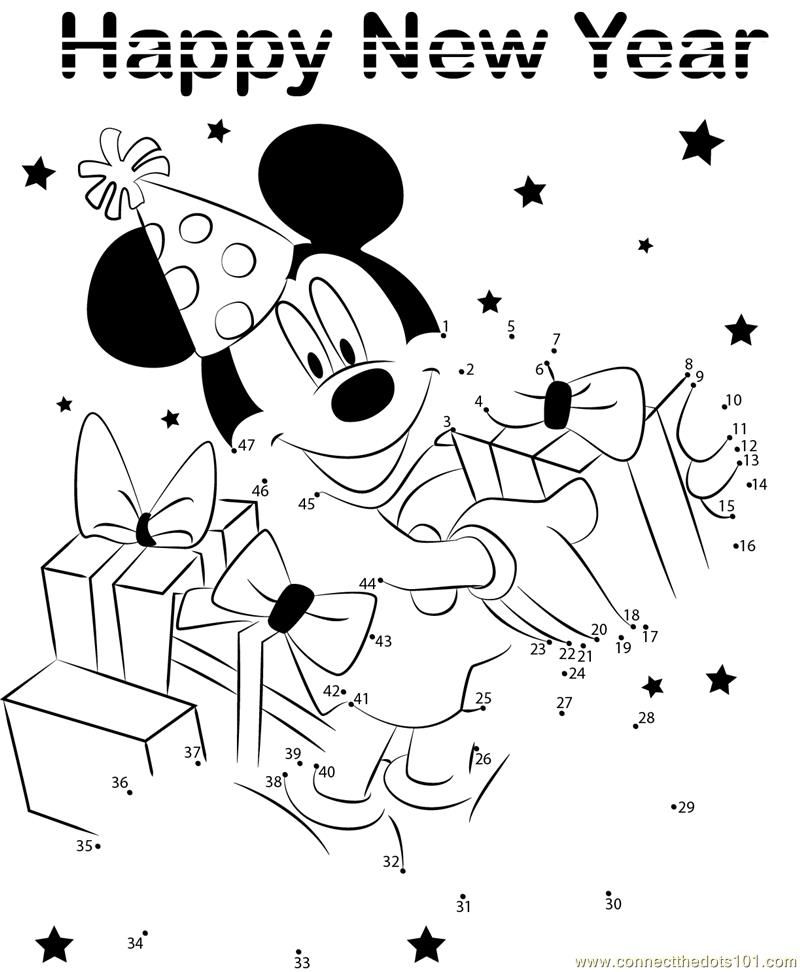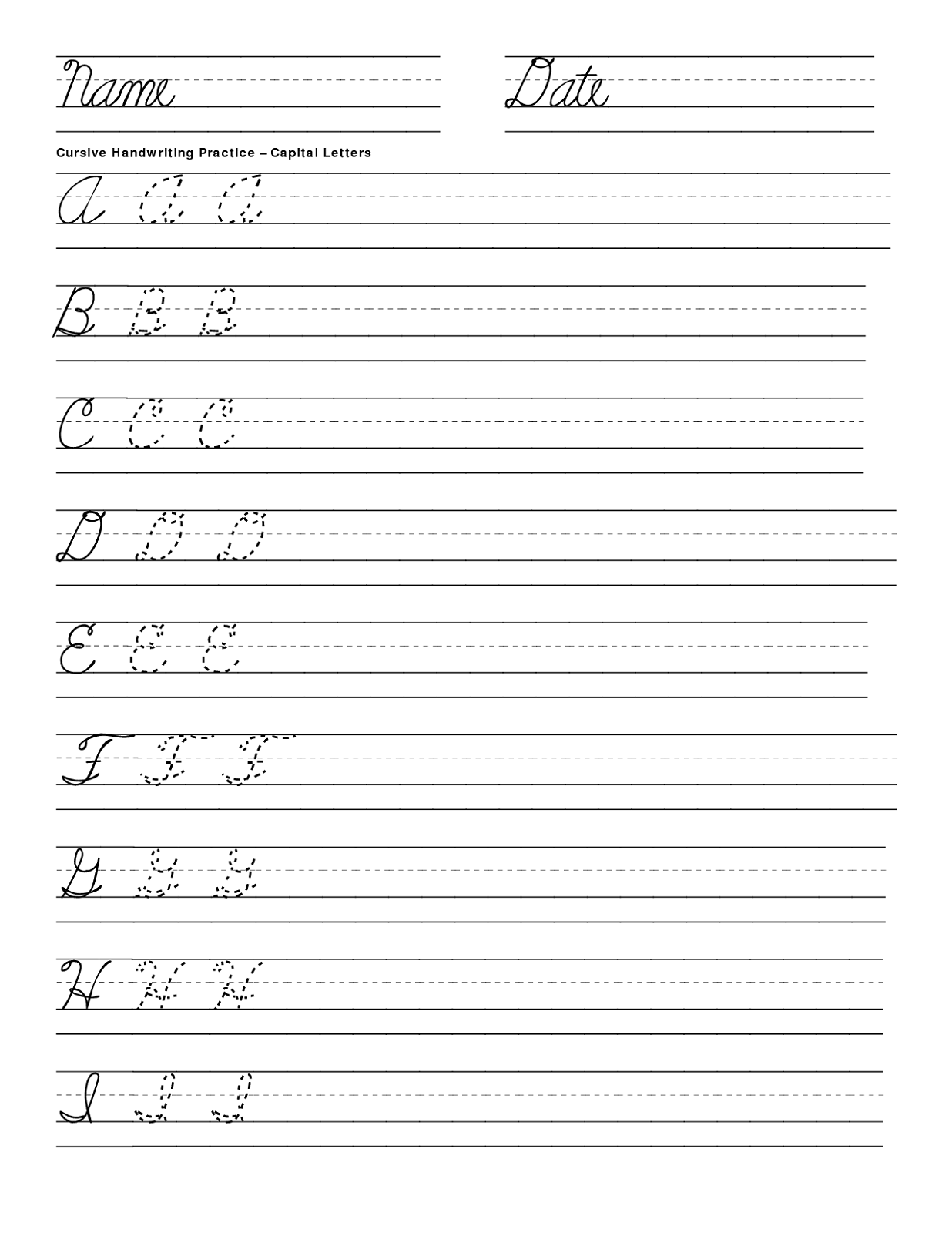Wonster phonics spelling
Table of Contents
Table of Contents
Are you struggling to teach your kids how to spell? Do you want them to enjoy the learning process? If you answered yes to both, phonics and spelling games might be the solution you’re looking for. These interactive tools not only make learning fun but also help in improving literacy skills.
As a parent or teacher, teaching spelling requires time, patience, and creativity. Sometimes it can be frustrating when kids struggle to understand the basic concepts of language. Using the traditional approach of pen and paper can also cause boredom and disinterest. With phonics and spelling games, kids can learn while enjoying themselves. These games challenge kids with different tasks, making them learn spelling rules subconsciously.
The main goal of phonics and spelling games is to teach kids how to read phonetically and aid them in spelling words. These games break words down into smaller parts, taking out the complexity and enabling kids to understand the fundamentals of spelling. Phonics games can be a great tool to help children identify sounds and patterns which then lead to better understanding and speaking of words. The combination of repetition, visual and audio aids, and instant feedback makes learning more interactive and fun.
Improving Literacy Skills with Phonics and Spelling Games
Phonics and spelling games have become a vital component in improving literacy skills for kids. These interactive tools improve children’s grammar, reading, and writing skills while they enjoy playing. Playing these games helps develop the necessary skills without feeling like a chore. My personal experience with using these games as a teaching aid has been very positive. I have noticed a vast improvement in my child’s reading skills, and they also show more enthusiasm for learning now.
 Furthermore, the use of these games has been proven to help those children with dyslexia, making it easier for them to read, write, and spell. To make the learning process more engaging, some games reward children with points or tokens, which in turn gives them a sense of achievement. The instant feedback the games provide allows both kids and parents to track the progress being made and identify the areas that need improvement.
Furthermore, the use of these games has been proven to help those children with dyslexia, making it easier for them to read, write, and spell. To make the learning process more engaging, some games reward children with points or tokens, which in turn gives them a sense of achievement. The instant feedback the games provide allows both kids and parents to track the progress being made and identify the areas that need improvement.
Benefits for Kids with Learning Disabilities
Phonics and spelling games are highly beneficial for kids with learning disabilities. As previously mentioned, dyslexia is a condition where learning grammar, reading, and spelling becomes a challenge for children. By using phonics tools, teachers and parents can provide additional support to such children in a fun and attractive way.
 The games allow different levels of challenge, allowing children to start from their own level and gradually improve their spelling and reading skills. The visual and audio touch of these games helps in improving the memory and cognitive skills of children with learning disabilities. These tools enhance the critical skills required for reading and writing, helping them pass school tests and increase their overall confidence.
The games allow different levels of challenge, allowing children to start from their own level and gradually improve their spelling and reading skills. The visual and audio touch of these games helps in improving the memory and cognitive skills of children with learning disabilities. These tools enhance the critical skills required for reading and writing, helping them pass school tests and increase their overall confidence.
Enhancing Gross Motor Skills
Phonics and spelling games can also foster gross motor skills in children. Using these games in a group environment can enhance social and motor skills, as they would need to organize themselves to play the game and communicate while playing it. Group games can make kids feel more relaxed and motivated than individual activities and create a sense of camaraderie and teamwork.
 #### Boosting Confidence and Self-Esteem
#### Boosting Confidence and Self-Esteem
Lastly, phonics and spelling games can boost confidence and self-esteem in children. As they progress in their skills, kids can see the improvement for themselves, allowing them to be more confident and proud of their achievements. Parents and teachers must have patience in dealing with children’s spelling struggles, as it can easily affect their confidence and self-esteem. Using phonics and spelling games can make them more confident in basic language skills, leading to increased self-esteem and overall better academic performance.
Questions and Answers About Phonics and Spelling Games
Q1: Are phonics and spelling games only for primary school children?
A1: No, phonics and spelling games can be designed for all ages, starting from preschoolers up to adults who want to improve their language skills. The gameplay and complexity levels vary according to age group.
Q2: Can phonics and spelling games substitute traditional classroom teaching altogether?
A2: No, phonics and spelling games are a complementary aid to traditional learning methods. The teacher or parent still plays an active role in providing guidance and structure to the lessons, while the games serve as an interactive and fun supplement to their learning process.
Q3: Are phonics and spelling games accessible to people with disabilities?
A3: Yes, many of the games are designed with accessibility in mind, including features such as audio descriptions and screen reader support.
Q4: Which phonics and spelling game should I choose for my child?
A4: There are many phonics and spelling games available online, and it’s important to choose the one that fits your child’s age and needs. Look for games that cater to your child’s interests and make learning fun for them.
Conclusion of Phonics and Spelling Games
Phonics and spelling games have become an important tool in enhancing literacy skills for children, especially those with learning disabilities. These games make learning fun and interactive, helping children understand the fundamental rules of spelling and reading. They can also foster gross motor skills and boost confidence and self-esteem in children. Parents and teachers should use these games as a complementary aid to traditional teaching methods, resulting in better academic performance and overall enjoyment of language learning.
Gallery
Wonster Words: ABC Phonics Spelling Games For Kids APK 4.17 Download
Photo Credit by: bing.com / wonster phonics spelling
Phonics Spelling Test - English ESL Worksheets For Distance Learning
Photo Credit by: bing.com / spelling phonics test games worksheets worksheet upvote activities
Excellerations Early Language, Phonics Spelling Game, Kids Educational
Photo Credit by: bing.com / spelling phonics early excellerations toy literacy
Learning Phonics: Forest Phonics: A Spelling Game
Photo Credit by: bing.com / phonics spelling game forest learning
Spelling Game For Ee And Ea Words | Ea Words, Teaching Phonics, Free
Photo Credit by: bing.com / ea ee spelling words games phonics game activities word sound worksheets grade work vowel printable english help kids reading board





